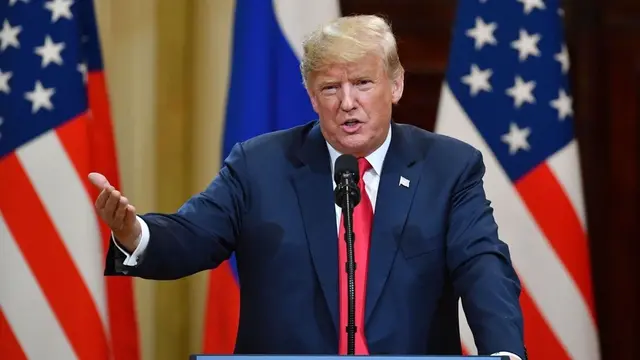Two of the government's nominations for posts of Nuclear Regulation Authority (NRA) commissioner were approved by Japan's parliament Wednesday, despite one of the candidates having received a number of controversial payments and donations that could undermine the state nuclear watchdog's independence.
The nominees, Satoru Tanaka, a pro-nuclear supporter and professor at the University of Tokyo and Akira Ishiwatari, a geologist and professor at Tohoku University, will assume their posts in September replacing two of the NRA's outgoing commissioners.
But Tanaka's appointment has been called into question by the opposition bloc, with the main Democratic Party of Japan (DPJ) and six smaller opposition parties voting against Tanaka's appointment, on the grounds that he is an unabashed proponent of nuclear power and has been linked to financial improprieties with energy-related organizations, including Tokyo Electric Power Co. (TEPCO), operator of the disaster-hit Fukushima Daiichi nuclear complex.
According to local media reports, Tanaka received a total of 3 million yen in annual pay over five years from the TEPCO Memorial Foundation, an affiliate of Tokyo Electric Co., for screening subsidy applications between 2007 and 2011.
Reports also stated that prior to the multiple meltdowns at the Fukushima plant in 2011, the graduate school department headed by Tanaka at the University of Tokyo accepted 90 million yen from TEPCO to bankroll one of its programs of study.
Opposition lawmakers also pointed out that Tanaka also accepted funds in excess of 3.5 million yen from nuclear plant and systems builder Hitachi-GE Nuclear Energy Ltd. and 3 million yen from Electric Power Development Co., Japan's largest electric utility.
Local media reports also confirmed Tanaka's receipt of the funds, citing documentation from both the NRA and the University of Tokyo.
In addition, the pro-nuclear advocate also accepted 2 million yen in donations and so-called research funds from Taiheiyo Consultant Co., a firm known for its research on nuclear waste disposal.
The NRA was established in 2012 by the previous Democratic Party of Japan with a rule that anyone receiving a minimum of 500, 000 yen in annual payments from the same nuclear plant operator within three years could not be eligible to be appointed commissioner, due to the NRA's independence being compromised by such conflicts of interest.
The current ruling Liberal Democratic Party of Japan (LDP), however, has intimated it will overlook this rule and despite an ardent backlash from opposition lawmakers, top government spokesman Yoshihide Suga remarked that the candidates were "the best people for the positions who can fulfill their duties from an independent, fair standpoint."
All of Japan's 48 commercial reactors remain offline due to increased safety requirements, with 19 having applied to the NRA to review their safety applications to restart. So far, none of them has been granted permission to restart since the new safety standards were imposed in July 2013, as the NRA is continuing with its safety reviews.
 简体中文
简体中文



